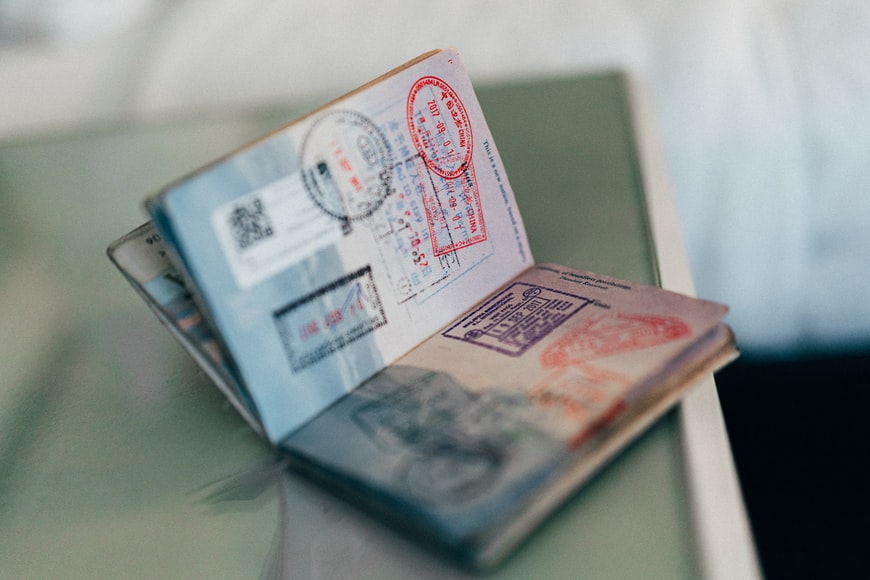Government announces residence pathway for 165,000 migrant workers
30 September 2021
This morning the government has announced a one-off residence pathway visa to be offered to migrant workers and their families who are stranded here as a result of the COVID-19 pandemic.
For many, this is a welcome and long-awaited announcement. Immigration Minister Kris Faafoi acknowledged that these workers have been essential in the last 18 months and have played a critical role in our economy and community.
Many of these workers will finally have some certainty and be able to properly lay down roots, including reuniting with partners and dependants who can be included in their applications. For employers, there is now an opportunity to retain settled and skilled migrant workers who form an essential part of their organisations.
Eligible applicants for this Visa pathway must currently be in New Zealand, have an existing work visa, and meet one of the following criteria:
- lived in New Zealand for three or more years
- earning above $27 per hour
- working in a role on the Long-Term Skill Shortage List
- holds occupational registration and work in the health or education sector
- work in personal care or other critical health worker roles
- work in a specified role in the primary industries
There are separate health, police and security criteria that will also need to be met.
Workers (and their families) who enter New Zealand as critical workers for roles lasting at least 6 months will also be eligible until end of July 2022.
However, amidst this announcement Faafoi warned industries and employers that they “need to look for ways to build resilient workforces and to attract, train, and retain local workers and reduce their reliance on low-skilled migrant labour.
Overall, we think this is a positive step, and one way we can act to reduce the devastating impact of COVID-19 in our own backyard, and globally. These workers have been there in our time of need, and its time to welcome them to stay.
By Sabrina Sachs


